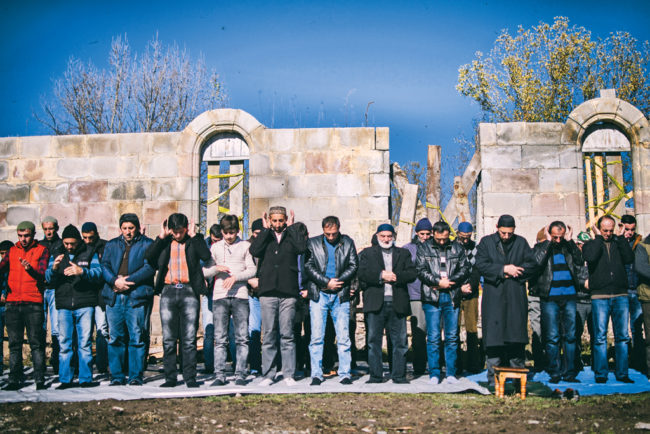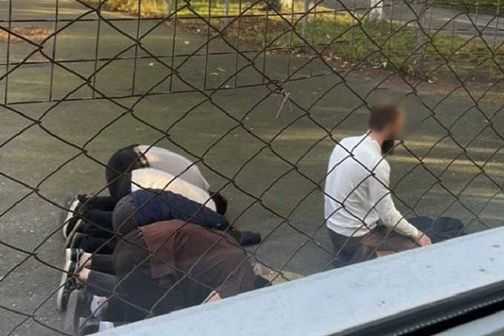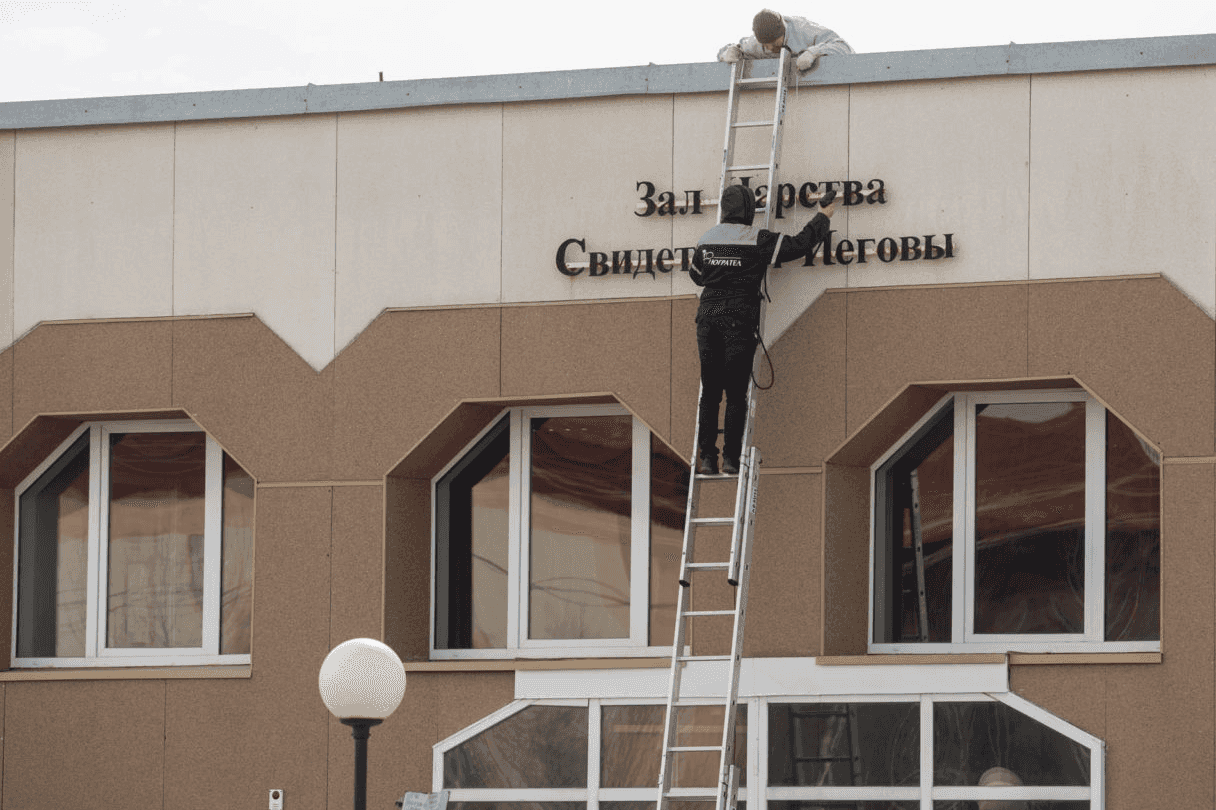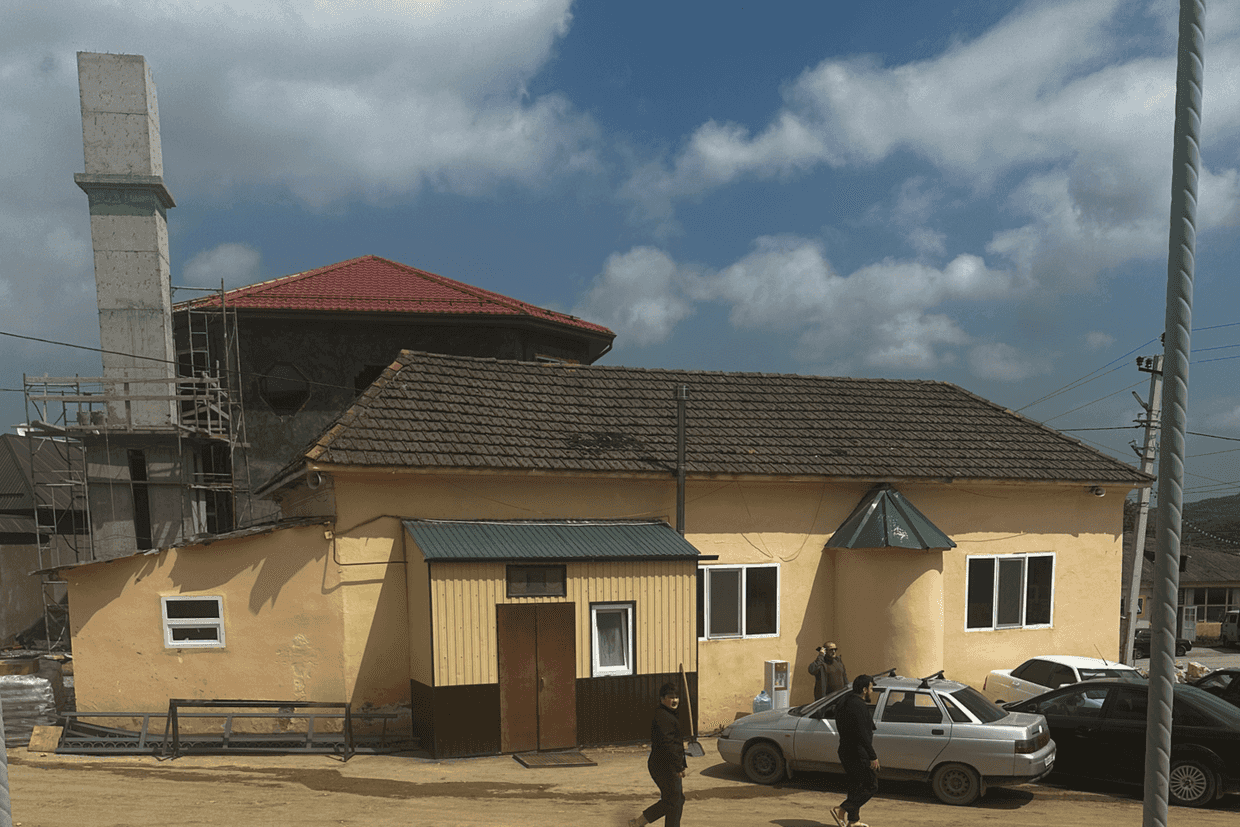

 Cases of violence based on religious intolerance between 2013–2016 went largely uninvestigated, according to the Georgian Public Defender’s 2017 human rights report. The report said it should be considered a ‘systematic problem’.
Cases of violence based on religious intolerance between 2013–2016 went largely uninvestigated, according to the Georgian Public Defender’s 2017 human rights report. The report said it should be considered a ‘systematic problem’.
The document, published on 2 April, said there were fewer cases of such violence in 2017 compared with previous years, but that the way law enforcement officials deal with them is problematic.
The main targets of religious intolerance in 2017 were Jehovah’s Witnesses, the report says, pointing to 13 such cases. Six included violence because of religious intolerance, while five cases described the hindering of religious practices and damaging of religious literature. In the remaining two cases, places of worship were damaged. The report said the actions of the police were problematic, and in 3 of the 13 cases, there were signs of ‘abuse of power’.
‘Despite more efficient reactions to crimes and better qualification of offences compared to previous years, investigations are still ineffective in general’, the report said, pointing to six cases of violence against Jehovah’s Witnesses from 2016 that have still not been investigated.
The report documented incomplete investigations of crimes committed based on religious hatred between 2012–2014 against Georgia’s Muslim community. It said that in some of these cases, officials abused their power, and investigations proceeded with no results, indicating an ‘indifferent attitude’ from the government.
Unequal tax policy and property rights
The public defender said the country employed a discriminatory tax policy towards religious minorities, as Georgian legislation provides tax relief only to the Orthodox Church for certain purposes, for example redecorating the interior of churches.
The report also said the Law on State Property is discriminatory, as only the Orthodox Church receives preferential treatment when obtaining state-owned property, and not other religious minorities.
‘The unequal policy regarding compensation of the damage inflicted during the Soviet period still persists’, the report says. It is still unclear, how the state chose the four religious groups besides the Orthodox Church who receive compensation for such damages.
Under a 2002 constitutional agreement between the state and the Orthodox Church, a large portion of the Church’s historical property has been returned to them. Other religious groups have also requested ownership of their historical properties be transferred to them, most of which are designated cultural heritage sites, with many slowly deteriorating due to neglect.
Problematic restitution
The public defender called on the government to change course on its restitution policy, pointing to an Armenian church in Tbilisi which was acquired by the Georgia Orthodox Church in 2017.
‘It is necessary to stop the reconstruction process which may change the look of the church in a way that it won’t be possible to restore it’, the report said.
The report also pointed to developments in the village of Mokhe, in south-west Georgia’s Adigeni Municipality, where it said the government did not properly investigate the origins of a disputed religious building.
[Read more about developments at Mokhe on OC Media: Video — The story of Mokhe told in the snow]
The report also called on local governments to be neutral when issuing building permits for religious groups.
‘Despite a court judgement, the Catholic Church was unable to build a cathedral on their own property in Rustavi. The government offered them a different spot in the city’, the report reads.
‘The role of the State Agency for Religious Affairs in the process of non-dominant religious groups acquiring building permits is unclear. Local governments who are authorised to give such permits, consider the position of the agency, which can be thought of as an unjustified intervention from the central government’, the report reads.









